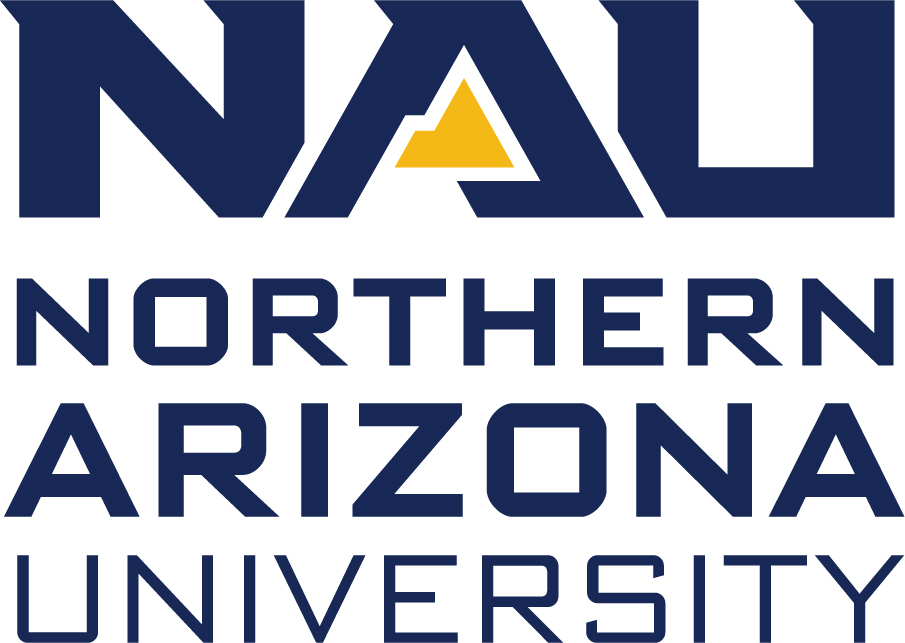Newswise — The National Science Foundation has awarded a $1.5 million Smart and Connected Communities grant to a team of researchers at Arizona’s three public universities to develop an integrated network that uses readily-available technology and crowdsourced data from community members to improve flood forecasting and enhance communication during flood events.
The Integrated Flood Stage Observation Network (IFSON) will capitalize on community technologies to bring together citizens and mobilize city planners, first responders and other local stakeholders to assess flood risks and effectively communicate within a shared, collaboratively constructive information space.
“We plan on developing several novel technologies for real-time flood monitoring, including webcams with image recognition, social media mining, smartphone apps and calibration tools,” said Mikhail Chester, principal investigator for the NSF grant, associate professor in the School of Sustainable Engineering and the Built Environment at Arizona State University and director of ASU’s Metis Center for Infrastructure and Sustainable Engineering. “The prevalence of smartphones and webcams create new opportunities that haven't existed to provide insights into what's happening in the world around us. We want to put those technologies in the hands of communities to protect themselves against extreme events.”
The network will use raw, open data sourced from inexpensive or free data streams that rely on community input, including social media, traffic cameras and webcams, and share that information with flood forecasters and infrastructure engineers. IFSON will be scalable and replicable in any community or city for flood emergencies.
The cross-disciplinary team includes engineers, hydrologists and computer scientists from Arizona State University, Northern Arizona University, the University of Arizona, Michigan Technological University and University of Buffalo.
“The future of our nation’s stormwater infrastructure is threatened by a simple irony,” said Ben Ruddell, an associate professor of the School of Informatics, Computing, and Cyber Systems at NAU. “A city’s engineers, first responders, weather professionals and citizens are not connected to enough flood information where we need it the most: in our own backyards.”
The flood hazards created by the concentrated rainfall of Arizona’s annual monsoon season, the state’s extensive transportation infrastructure—some of which is prone to frequent flooding – and the extensive network of sustainability and infrastructure researchers makes Arizona an ideal place for this work.
The majority of the work will take place in Arizona, with ground help or data from the National Weather Service, the U.S. Geological Survey, the Consortium of Universities for the Advancement of Hydrologic Science, Inc. and eRams.
Read stories from NAU and Michigan Technological University.
About the Ira A. Fulton Schools of Engineering
The Ira A. Fulton Schools of Engineering at Arizona State University, with more than 22,000 enrolled students, is the largest engineering school in the United States, offering 41 graduate and 25 undergraduate degree programs across six schools of academic focus. With students, faculty and researchers representing all 50 states and 135 countries, the Fulton Schools of Engineering is creating an inclusive environment for engineering excellence by advancing research and innovation at scale, revolutionizing engineering education and expanding global outreach and partner engagement. The Fulton Schools’ research expenditures totaled $104 million for the 2017-2018 academic year. Learn more about the Ira A. Fulton Schools of Engineering at engineering.asu.edu.
About the School of Informatics, Computing, and Cyber Security
The School of Informatics, Computing, and Cyber Security (SICCS), which is part of the College of Engineering, Informatics, and Applied Sciences at NAU, was created in 2016 to help meet the demands of the changing workforce and industry needs. SICCS’ mission is to excel in research, deliver high-quality, innovative academic programs that prepare students for careers in diverse industries, contribute to regional and national economic growth and promote interdisciplinary learning, research and service in a broad range of application areas. SICCS offers a variety of undergraduate and graduate degrees, with faculty research focused on cybersecurity, wireless sensor and communication systems, cyber-physical systems, software engineering, testing, architecture and visualization, population health, remote sensing, model-driven design and more. Learn more at SICCS’ website.
